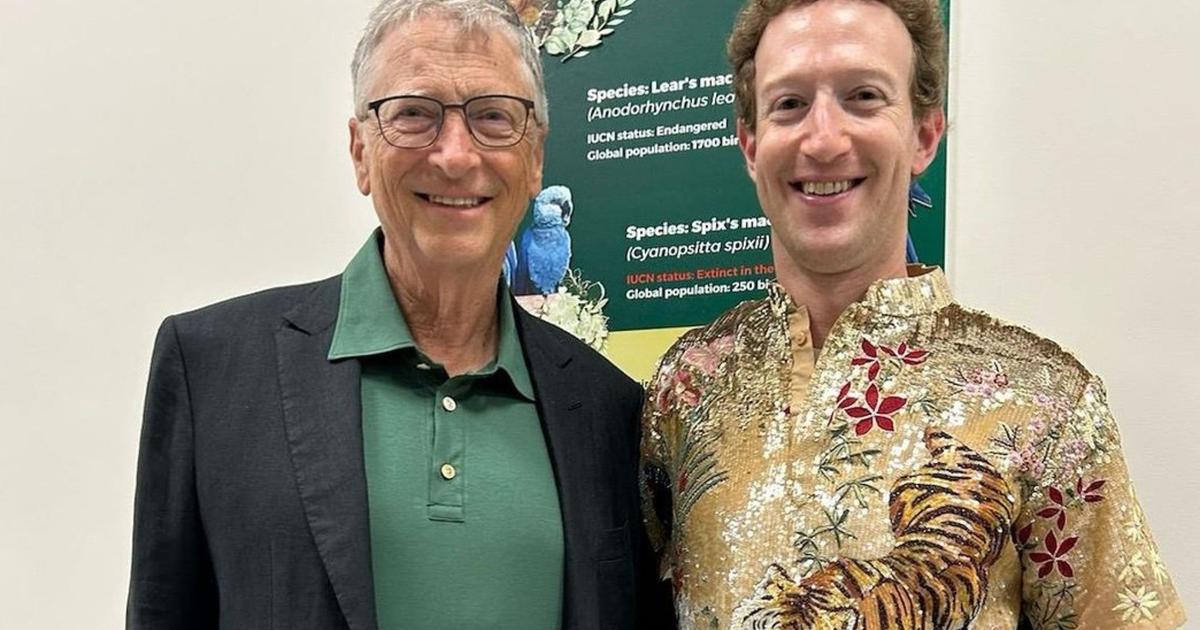Microsoft has prescribed spare time for its employees - and thus landed an unexpected success. Only four days a week, the 2,300 employees at the company's Japanese sites worked in August this year, then they had three days weekend. Her salary did not change.
After a month, Microsoft figured out how that affected productivity. And found that the performance achieved per employee increased in the trial period by nearly 40 percent, as the company announced on its Japanese website. As a comparison, values from August 2018 were used. How exactly the company measures productivity is not clear from the letter.
How can that be?
On the one hand, this result can be explained by savings. Microsoft announced in its report that energy costs, for example, had dropped by almost a quarter as employees were less frequently in the office. In addition, they printed almost 60 percent fewer pages. The test went so well that Microsoft announced another test run.
However, the company also changed some of the internal processes: Conferences were limited to 30 minutes and were more often performed by video switching - so employees had more time for their actual tasks.
A psychological effect can not be ruled out either. If you suddenly have to do your job in a shorter amount of time, you're more focused on proving that the experiment works.
In Germany, too, companies are testing different models to structure work differently - for example, they can do without bosses, grant employees unlimited vacations or offer employees to work in their home office. As a result, companies hope that employees will be more motivated and hope to attract particularly competent employees - an advantage in the age of skilled labor shortages. If employees work from home, a company can also save money by having fewer jobs available.
Why Japan?
Japanese workers make the most overtime in an international comparison, also because unwritten laws determine the daily work routine: It is common, for example, to come to work in front of the boss - and only to go after him again. That is another reason why it is interesting that Microsoft chose Japan as the experimental location.
In 2017, the case of journalist Miwa Sado made headlines. The 31-year-old died of heart failure after accumulating 159 overtime hours in one month. In another case, the authorities acknowledged overwork as a reason for suicide: a 23-year-old construction worker was found dead after spending up to 200 overtime hours per month. The death due to too much work even has its own name in Japan: Karoshi.
Does this also work in the long term?
The consequences of overwork do not always have to be so drastic. Australian researchers reported a few years ago that our cognitive abilities diminish from as little as 25 hours of work per week. Above all, the researchers made stress responsible for the fact that the performance of the employees decreased with higher number of hours. Six hours of work a day would be enough.
Some companies have already implemented the approach. For example, the New Zealand fund company "Perpetual Guardian", where employees are allowed to decide for themselves which day of the week they are free. After a two-month test phase, the management announced in November 2018 to implement the concept permanently. So far, he could see no disadvantage, said business founder Andrew Barnes the news site "Fast Company" in August this year. "In fact, our company performs better than last year," said Barnes.
How Microsoft deals with the positive result of the test run is still unclear. The staff would welcome a continuation well: 92 percent stated in a survey, according to the company, that they like the 4-day week.















